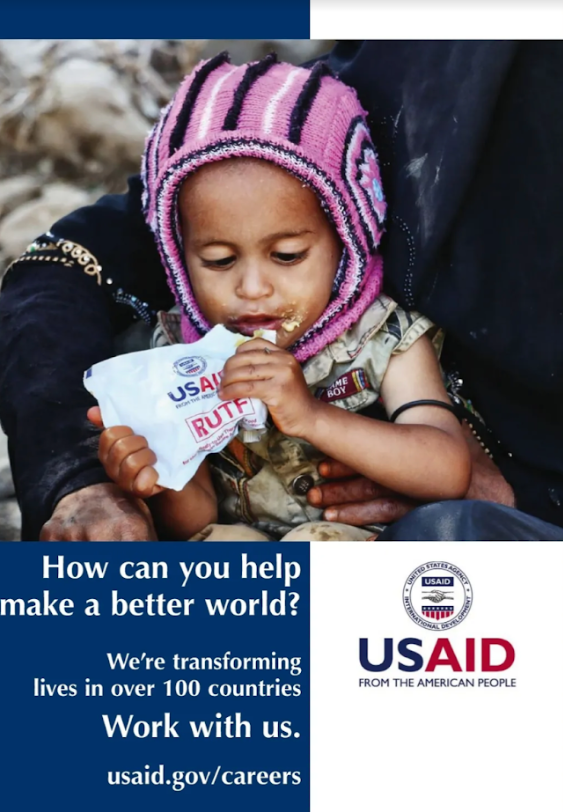
Weekly DEAFWIRE news recaps
Full DEAFWIRE videos can be seen
at https://h3world.tv/shows_name/deafwire/
Sorenson Communications, one of the United States’ largest communications product and service providers, announced a strategic partnership with Gallaudet University. Sorenson donated $3 million USD that will support the growth of the Centre for Black Deaf Studies, a vibrant hub for education, research, and support for our Black Deaf students and the community.
The CEO of Sorenson said, “we intend to demonstrate how integrating these values is intertwined with financial outcomes that are mutually beneficial to everyone in the ecosystem – students, employees, customers, suppliers, philanthropic supporters, and partners. We are fully invested in training the Black Deaf leaders of tomorrow.”
In Chhattisgarh, India, a 10-year-old Deaf boy, Rahul Sahu, was playing in his backyard and fell into an 18-metre deep well. He was trapped for 104 hours. Over 500 people, including the police and armed forces, tried to rescue him. The rescue process was difficult because they struggled to communicate with Sahu since he was Deaf; the bad weather, dangerous snakes, and scorpions didn’t help either.
Rescuers inserted an oxygen hose into the well so Sahu could breathe and they also gave him a banana. Typically, people don’t survive a fall in wells in India. After 4 days, Sahu was saved by rescuers when they dug a tunnel 5 metres away, using cranes and earth movers to connect the pit with the well. He was taken to the hospital immediately to be monitored in intensive care.
JR Ueno Station in Tokyo, Japan collaborated with Fujitsu Ltd., an information and technology Japanese company to create a safer environment for Deaf people by converting announcements and even the sound of an approaching train into printed matter or sign language.
Fujitsu got the idea from Deaf students when they visited a local Deaf school; they expressed the need for improved visual accessibility at train stations. Currently there’s a trial project underway with the announcements and train sounds by collecting microphones that are converted into text and onomatopoeic descriptions in real-time using artificial intelligence.
DEAFDIGEST JOBS CENTER
Looking for a job? See Jobs Center for job openings.
Employers can list freelance, full-time, internship,
part-time, or temporary positions.
DEAFDIGEST JOBS CENTER –
The 2022 Deaflympics was held in Caxias do Sul, Brazil has resulted in the organising committee not having any money left to pay vendors. Originally, Deaflympics was supposed to be hosted in Rio de Janeiro so they could use the 2016 Olympics facilities and get federal funding. The President of the International Committee of Sports for the Deaf, ISCD, decided to relocate the event to his hometown in Caxias do Sul, losing federal support.
ISCD relied on entry fees since the venue could host up to 6,000 people, however less than 2,400 showed up. Russian and Belaruian athletes were banned from participating because of the war against Ukraine. Other countries did not attend because of the pandemic. This left the committee in $2,350,791 USD debt, owing the hotel and tourism company approximately $780,000. The ISCD committee was informed they would not have the resources to invest in the event but they ignored the warnings and went ahead with it anyway.
Students from Pulwama’s Islamic University of Science and Technology invented a small wearable wrist device called Situational Awareness and Alarming System for the Hearing Impaired, SAHHI, and it won’t cost more than Rs 1,500 ($20 USD). The device can pick up warning sounds and vibrate to alert the user about a nearby emergency.
The leader of the project said that Deaf people are least aware of an occurring emergency near them; they are usually physically hauled out from dangerous situations, but if there’s a speeding car or a violent situation, people first try to save their own lives than think about helping others. This is where the SAHHI device can be helpful.
Vodafone, a British telecommunications company, collaborated with Music Not Impossible to create a vibrating suit for Deaf and hard-of-hearing people attending festivals. The vest consists of 24 vibrating actuators around the wrists, ankles, and torsos. The LED-flashing vest vibrates in time with the beat of the music.
Kyle Springate, a deaf festival-goer said that normally with crowds that big and loud, sounds get drowned out. Wearing the suit meant he could keep up with the songs much easier. When the crowd was going wild, he could feel it all the way up his spine, making him feel like a Superman.




